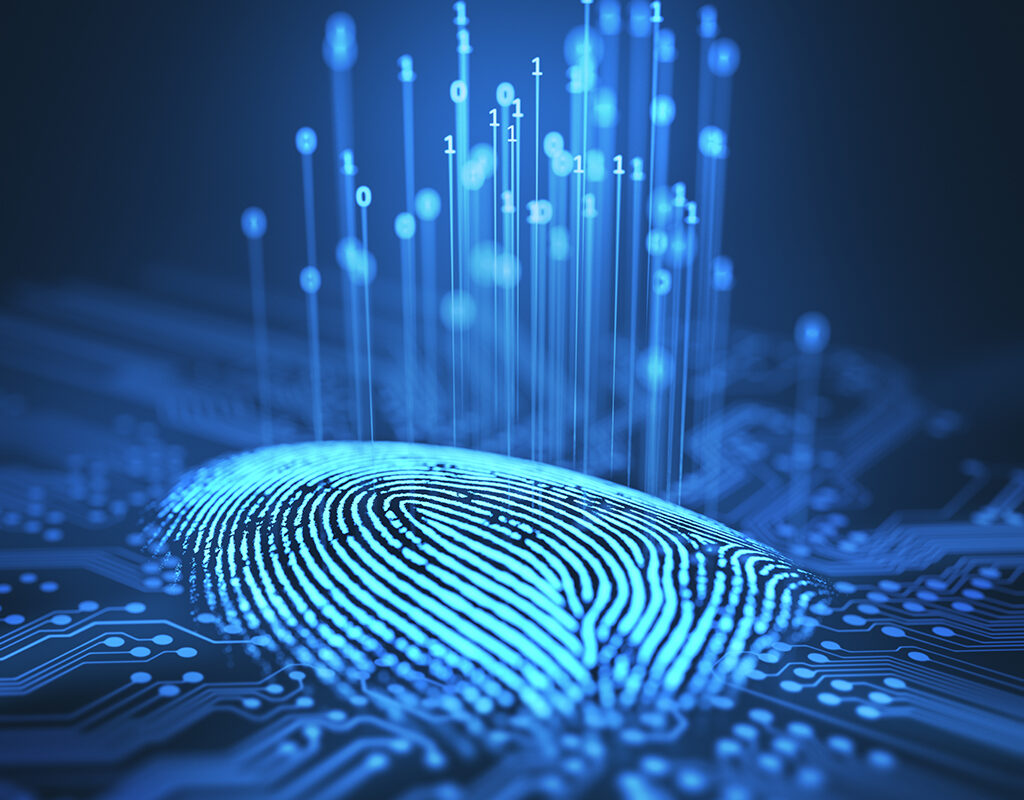New Report from ETA Member TNS Finds Consumers Unsure About Biometric Payments
8-3-2018

Consumers in the United States, United Kingdom and Australia are unsure about the safety and security of biometric payments, a recent study from ETA member Transaction Network Services (TNS) has found. While security concerns have fallen slightly since 2016, the report says, 61 percent of adults surveyed said they believed providing companies with their fingerprint and iris information put their personal identity information at risk.
Younger cohorts’ security concerns have grown as older generations are assuaged, the report found. Where 63 percent of consumers aged 18-24 had concerns in 2016, 66 percent have concerns in 2018. For those aged 25-34 years old, security concerns rose five points between 2016 and 2018, from 64 percent to 69 percent. Among US consumers, the report found that trust in biometric payments to prevent fraud decreased significantly from 2016.
It’s not all doom and gloom for biometrics payments. 61 percent of consumers, including 57 percent of Americans, believe that biometric payments from a fingerprint, iris scan or facial scan will increase financial security by reducing fraud. Further, 68 percent of consumers surveyed said they believed biometric payments will become more commonplace within 2-5 years.
And biometric payments usage among consumers aged 18-25 is higher than average, the report found. One in four young consumers uses biometric payments, compared to 15 percent of the consumers on average.
Among biometric types, the report found consumers were most fond of fingerprints, with 56 percent of consumers saying they would be willing to make a biometric identifier with their finger. Only 42 percent were willing to use veins maps in hands, a comparatively nascent biometric. Though advanced in smart devices have brought advanced facial scanning to many consumers, only 50 percent of those surveyed said they would use them for biometric payments. Iris scans, particularly among British and Australian consumers, were more popular than facial scans.
“Our data also highlights a significant decline in trust among US adults with increasing numbers reporting security concerns and a large reduction in the number of Americans who feel biometric payments will help to increase financial security by reducing fraud,” the report concluded. “Organizations wishing to target the US biometric payments market would find it hugely beneficial to tailor their products and marketing campaigns to allay these fears and build trust in biometric payments.”
About ETA
The Electronic Transactions Association (ETA) is the world’s leading advocacy and trade association for the payments industry. Our members span the breadth of significant payments and fintech companies, from the largest incumbent players to the emerging disruptors in the U.S. and in more than a dozen countries around the world. ETA members make commerce possible by processing approximately $56.75 trillion annually in purchases and P2P payments worldwide and deploying payments innovation to merchants and consumers.
ETAs membership spans the breadth of the payments industry to include independent sales organizations (ISOs), payments networks, financial institutions, transaction processors, mobile payments products and services, payments technologies, and software providers (ISV) and hardware suppliers. For more information, visit electran.org.
Related Posts

News
Q+A: What You Need to Know About Pre-Authorization Risk Assessment
Card-Not-Present (CNP) authorization rates impact nearly every participant in the payment ecosystem. Legitimate customers suffer and lose trust in the ecosystem when you falsely decline their transactions. Merchants lose the lifetime revenue of customers who . . .
6-10-2020
learn moreno content
News
Report: Voice Payments for Low Value Goods Rise in Popularity
Voice payments are gaining in popularity among consumers despite ongoing concerns about their security, a new report from ETA member Paysafe has found. Over half (57 percent) of surveyed consumers would use voice-activated technology like . . .
7-23-2019
learn more
News
Report from ETA Member Paysafe Shows Consumers Uneasy with Security of Biometrics
In their latest report released today, titled Lost in Transaction: the end of risk?, ETA member and global payments technology company Paysafe Group says that 52 percent of consumers in the United States are worried . . .
6-3-2019
learn more
